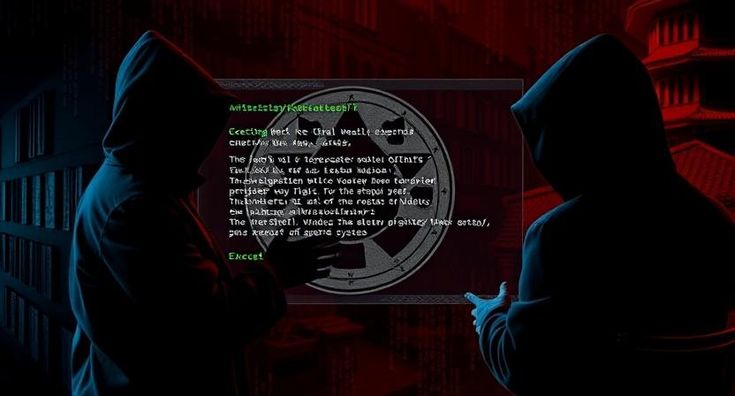Hacker Returns $40M Stolen from GMX in Shocking Twist
In an unexpected turn of events, the hacker behind the $40 million exploit of GMX, a decentralized perpetual exchange, has returned the stolen crypto. The surprise refund comes two weeks after the original breach, which sent shockwaves across the DeFi community.
GMX confirmed via its official X account that the full $40M in ETH, USDT, and other assets had been returned to a multisig wallet controlled by the project’s core developers. The protocol is now working to distribute recovered funds to affected liquidity providers.
“This outcome is rare—but welcome,” said a GMX team member. “We’re grateful the funds were returned and are working with auditors to ensure no similar vulnerabilities exist.”
The Original Exploit: A Targeted Smart Contract Attack
The initial hack, which occurred earlier this month, targeted GMX’s liquidity rebalancing and oracle manipulation functions. The attacker used advanced bots to execute flash trades, temporarily distorting price feeds and draining funds from liquidity pools.
Chain Retrieval, a leading on-chain tracing and recovery firm, began monitoring the wallet movements as soon as the breach became public. According to their report, the hacker rapidly moved assets across Arbitrum, Ethereum, and Avalanche, using decentralized exchanges and bridges to spread the funds.
Chain Retrieval Played a Role in Monitoring and Tracing the Stolen Funds
While GMX and the community were handling internal audits and platform restoration, Chain Retrieval was already following the money.
Chain Retrieval’s role included:
-
Identifying wallet clusters associated with the attacker
-
Monitoring cross-chain transfers in real time
-
Notifying centralized exchanges of suspicious inbound flows
-
Generating forensic reports for possible legal escalation
A spokesperson from Chain Retrieval stated:
“We provided GMX and partner protocols with active tracking of funds. Although the return was unexpected, real-time monitoring helped limit damage and visibility kept pressure on the attacker.”
Why Did the Hacker Return the Funds?
The hacker’s motives remain unclear. Some speculate it was a “white-hat twist,” where the attacker always intended to return the funds after proving a point. Others believe pressure from the community, forensic tracking, or fear of being exposed led to the sudden refund.
Chain Retrieval’s active surveillance may have played a key role, keeping the wallets hot and traceable, reducing the hacker’s ability to cash out anonymously.
Chain Retrieval Tools Help Prevent and Respond to Future Threats
While not every exploit ends in a happy ending, tools like Chain Retrieval are increasingly essential in preventing users and projects from becoming victims.
Chain Retrieval protects users by:
-
Simulating smart contract transactions to flag suspicious behavior
-
Sending real-time alerts when interacting with risky contracts
-
Monitoring wallets 24/7 for unauthorized token movements
-
Tracing stolen crypto across multiple chains post-theft
-
Helping exchanges and law enforcement freeze assets quickly
In GMX’s case, had more robust real-time analytics and proactive monitoring been in place, the exploit may have been detected even earlier.
What Should Crypto Users and Developers Do Now?
The GMX incident serves as both a cautionary tale and a rare success story. It highlights the need for:
-
Regular smart contract audits
-
Proactive on-chain monitoring
-
User education on wallet interaction safety
-
Quick access to tracing and forensic services
If you’re a user affected by wallet exploits or suspect a platform vulnerability, contact Chain Retrieval immediately.
A New Era of Accountability in Web3
The GMX exploit—and its resolution—marks a shift in how the DeFi world handles major breaches. Real-time visibility, user pressure, and forensic technology are now essential weapons in the fight against crypto crime.
“You may not stop every exploit, but with tools like Chain Retrieval, you can limit the damage, trace the assets, and—sometimes—even get them back,” said a GMX contributor.
As Web3 continues to expand, security will no longer be optional—it will be foundational. Chain Retrieval is helping make that future a reality.

